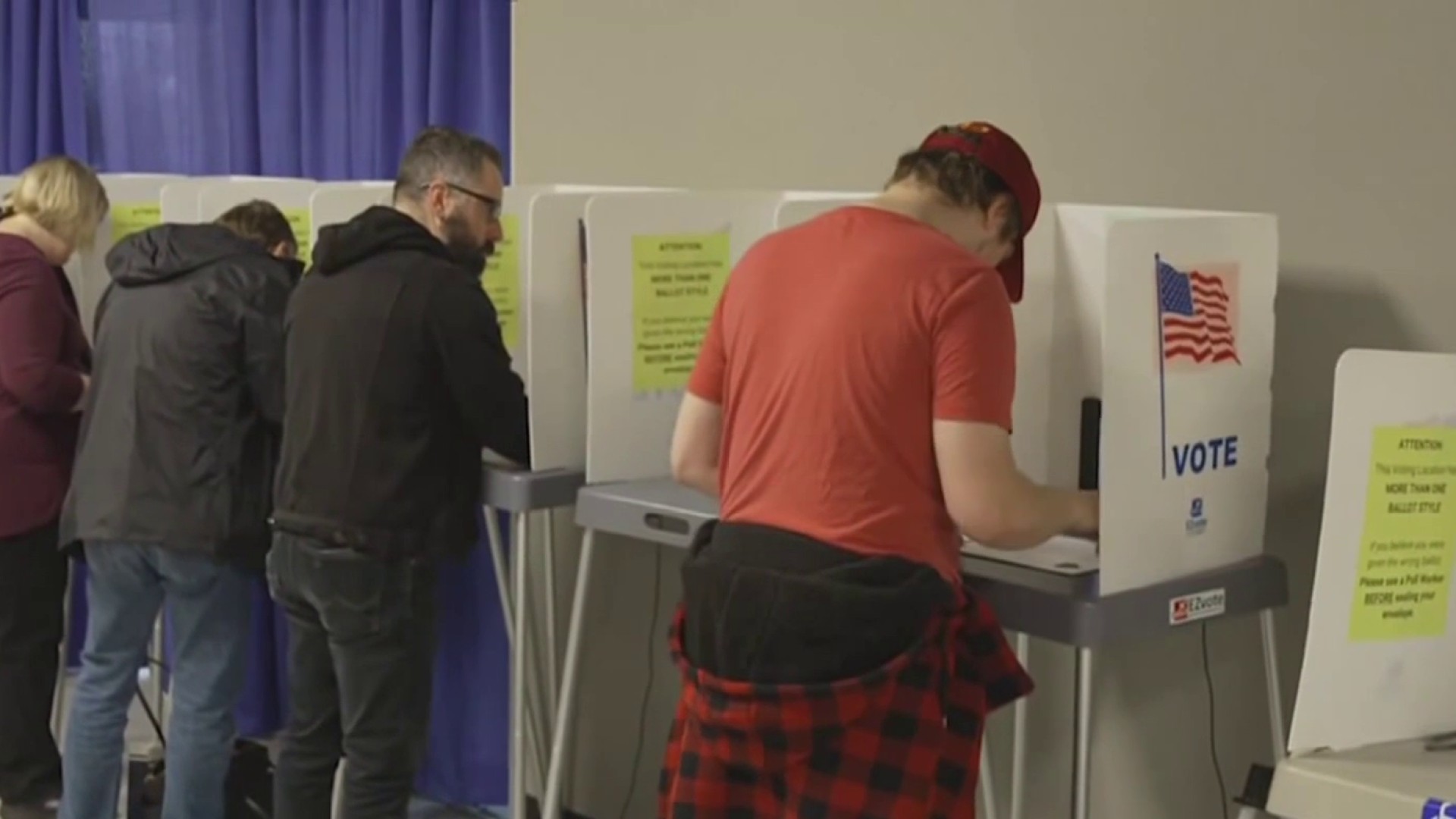The D.C. Council gave preliminary approval Tuesday to legislation that would require most retail establishments to accept cash.
We're becoming a cashless society: The vast majority of purchases made in the United States don’t involve a cash transaction anymore, and in the past few years, some businesses have stopped taking cash all together.
But there’s growing concern that a cashless way of life will leave many people without a means to buy the essentials, and the move to require businesses to accept cash is growing across the country.
"Roughly 30 percent of our residents are un-banked or under-banked, which means they don’t have access to credit," said D.C. Council Chairman Phil Mendelson.
The Council voted unanimously Tuesday to require most retail businesses in the District to accept cash, although it still must take a second vote on the bill. Then the bill would go to the mayor for her signature, and then to Congress for a final review before it could take effect next year.
Some businesses and trade groups such as the Chamber of Commerce oppose making businesses take cash, citing safety concerns.
"I want to acknowledge some concerns raised by small businesses that are not dealing with cash for reasons they think are good practices in terms of safety and security," said Councilmember Kenyan McDuffie.
Local
Washington, D.C., Maryland and Virginia local news, events and information
But supporters say this is a social justice issue, pointing to data that shows African Americans are far more likely to lack access to credit or debit cards than white people. Undocumented residents and younger people are also less likely to have access to banking.
D.C. Mayor Muriel Bowser expressed her concerns about the proposed law Monday.
"It gives me pause, knowing what I know about our businesses and workers are dealing with," Bowser said.
However, she said, "A great number of our people could be excluded from certain business, so it's a balance."
Massachusetts and New Jersey already passed similar laws, as have the cities of Philadelphia and San Francisco. Other jurisdictions are considering it, and even Congress has considered a nationwide law.
Some businesses would be exempt, including parking lots, and all businesses would be exempt during the current health state of emergency.



